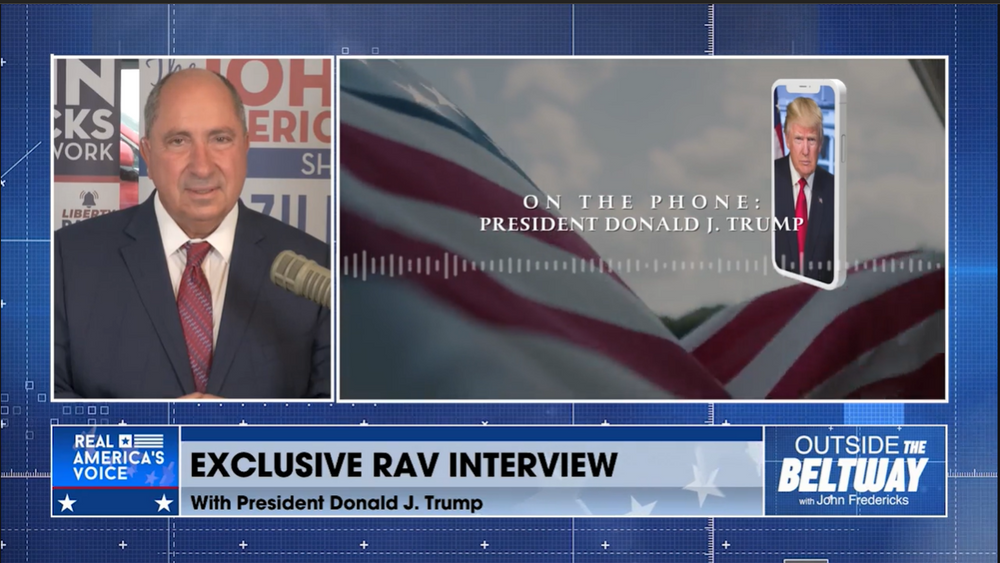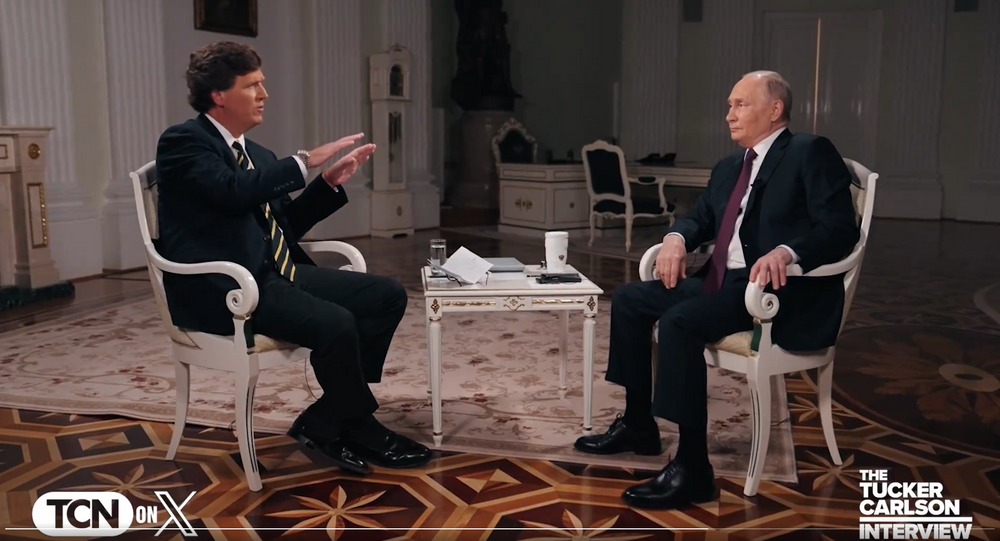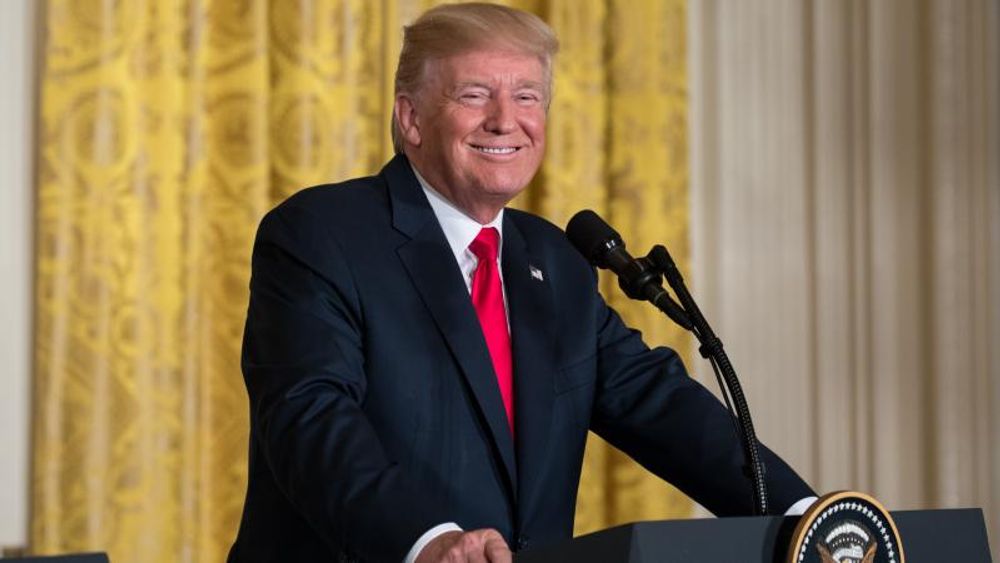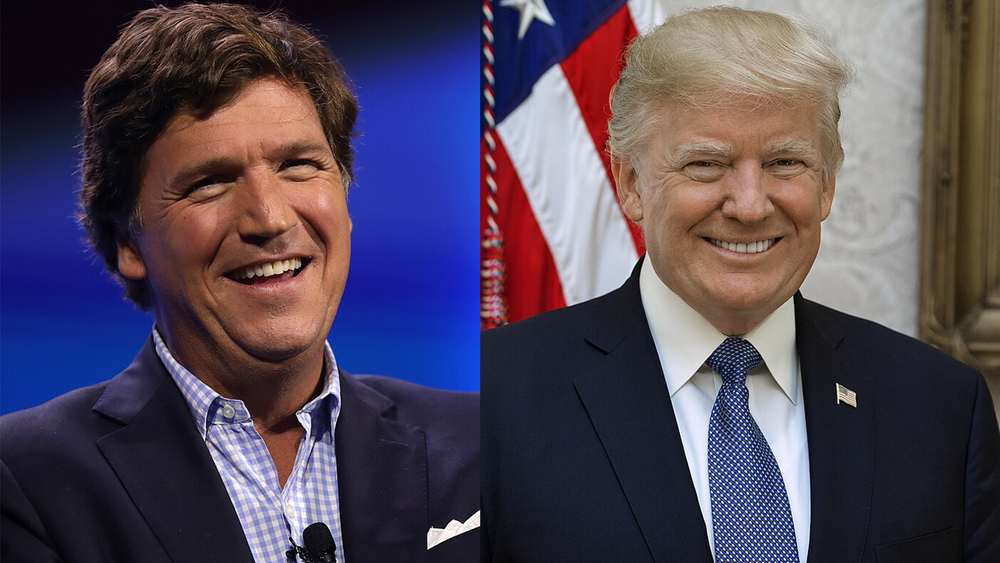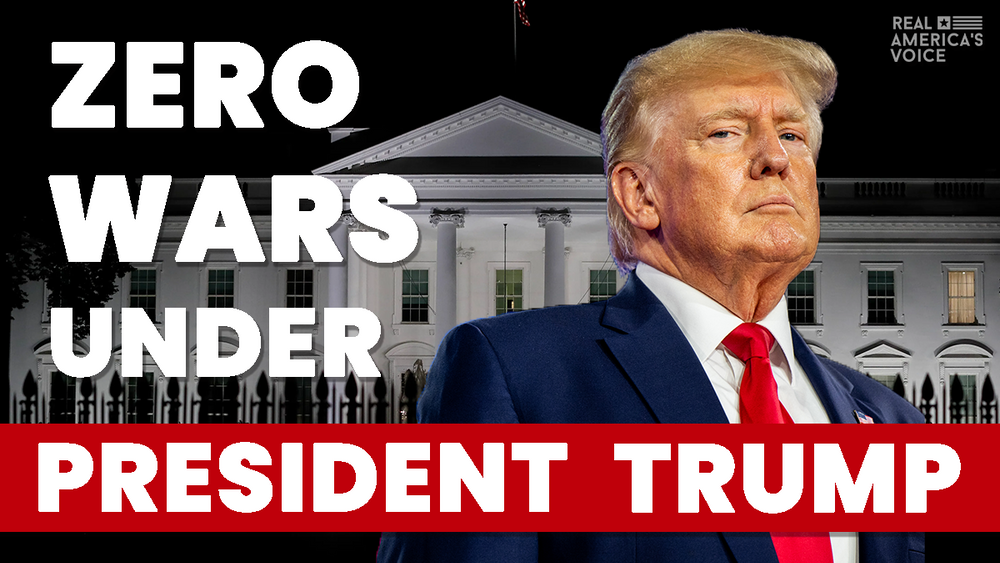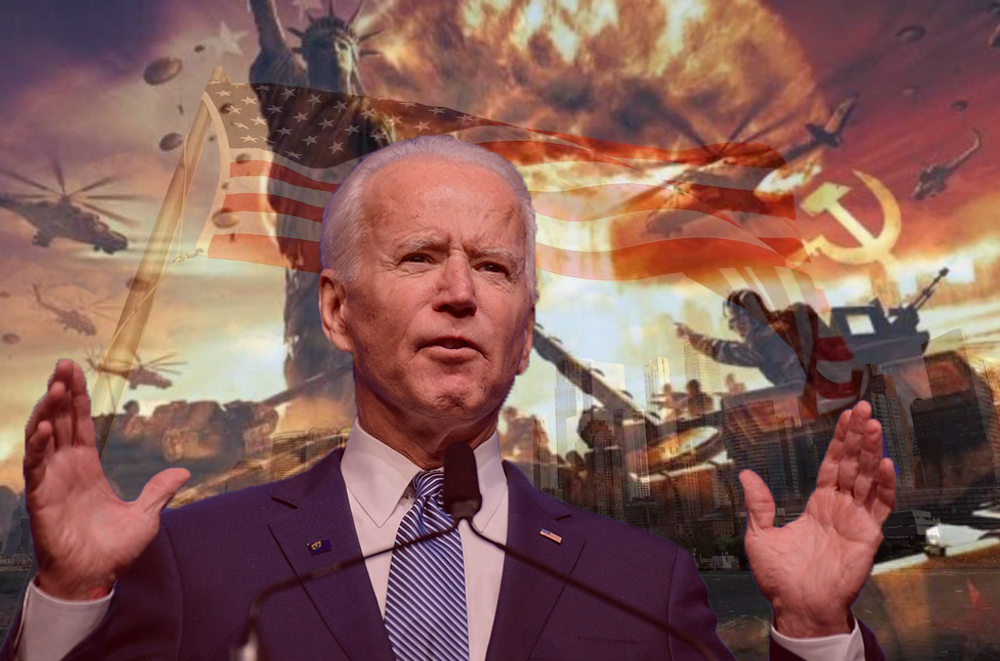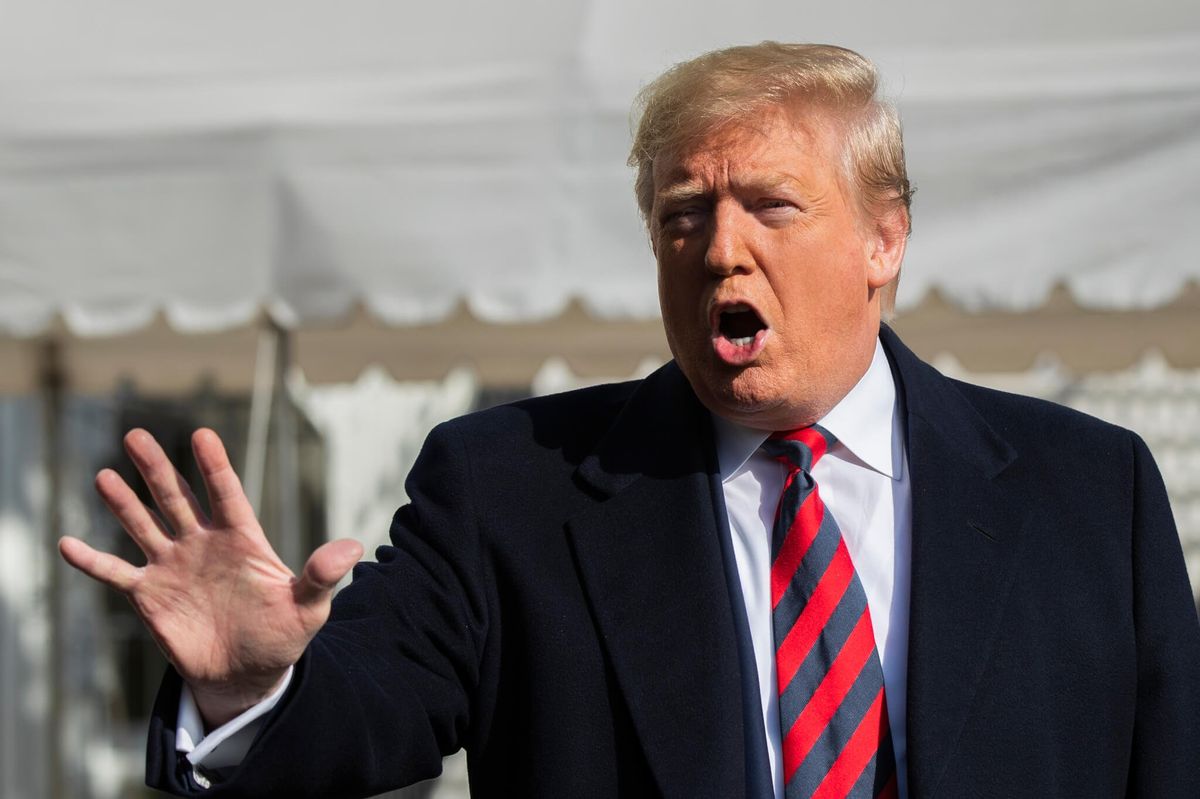
Markets Hope for Positive Signs From Trump Trade Speech
U.S. President Donald Trump is scheduled to discuss the country’s trade policy at the Economic Club of New York on Tuesday, and markets from frothy stocks to jittery bonds are likely to hang on every word.
Trump’s address at noon at the club, which has hosted U.S. presidents including Woodrow Wilson and John F. Kennedy, as well as foreign leaders like former Soviet President Mikhail Gorbachev and Chinese Premier Li Keqiang will be closely watched by investors anxious for any positive news about his administration’s long-running trade war with China.
“You can expect the president to highlight how his policies of lower taxes, deregulation, and fair and reciprocal trade have supported the longest economic recovery in U.S. history with record low unemployment, rising wages, and soaring consumer confidence,” White House spokesman Judd Deere said. He declined to give further details.
US Farmers Delay Equipment Purchases Amid Trade War Tariffs have raised prices on imported aluminum and steel, increasing the cost to manufacture equipment such as tractors and combines that farmers rely upon
Signals that the White House and Beijing are nearing a trade deal that could go a long way toward dispelling the uncertainty dogging the global economy have helped U.S. stocks to record highs in recent days. The renewed optimism has also undercut the year’s big rally in safe assets like Treasury bonds.
Ahead of Trump’s address, the benchmark Standard & Poor’s 500 Index was trading in record territory, a fact Trump often points to as a validation of his economic and trade policies.
The index is up more than 36% since Trump took office, though two-thirds of that gain occurred in his first year of office before his focus turned to trade and he began imposing tariffs on Chinese imports. Stocks have found the going far more choppy since the first wave of tariffs came into play in 2018.
The latest back-and-forth between Washington and Beijing illustrate the bumpy state of play. Last week, officials from both sides said they had a deal to roll back tariffs, only to have Trump deny any deal was agreed on.
“Strap in,” Andrew Brenner from NatAlliance Securities wrote in an email to clients on Tuesday morning. “There is no way to know what the President will say at the NY Economic Club today.”
“Hard to judge whether he views today’s speech as a campaign rally or being on the international stage with everyone watching,” Brenner said.
A positive speech on U.S.-China trade would likely satisfy market participants even without specific details of the “Phase 1” agreement under negotiation, said Jim Paulsen, chief investment officer at The Leuthold Group in Minneapolis.
“It still feels like we’re pretty close to having something done,” Paulsen said on Monday. “Even if it’s meaningless, it will be meaningful.”
More than 1,350 people are expected to attend the speech, according to the club’s spokeswoman, Erin Klem.
Not everyone thought Trump’s speech to the 112-year-old club, which has served as a venue for major economic policy addresses, would be seen as constructive by investors.
US Travel Industry to Chinese Tourists: What Trade War?The US tourism industry is trying to counter one of the casualties of the trade war with China that is still raging despite this month’s temporary truce: a drop in the flow of affluent Chinese visitors to the US
Randy Frederick, vice president of trading and derivatives for Charles Schwab in Austin, Texas, had little hope Trump’s speech would mark an end to uncertainty. It remains notoriously hard to predict whether Trump will take a positive or negative tone on trade.
“Whatever uncertainty exists today will exist tomorrow also,” he said, adding that if Trump were to say he is not rolling back any tariffs, the market would react negatively.
Gregory Daco, chief U.S. economist at Oxford Economics, estimated the trade war had chopped about eight-tenths of a percentage point off U.S. growth. After starting the year with growth running at 3.1%, output throttled back to 1.9% in the third quarter, with weak business investment factoring heavily in the slowdown.
Daco questioned whether a limited trade deal with China would be enough to draw businesses back off the sidelines.
“Do you as a business make a decision that now the environment is clearer, there are less tariffs, so now you’re more likely to invest? Or, if after the last three years, you’re still more cautious and say ‘let’s wait this one out,’” Daco said. “I’d favor the latter.”
 AP Sources: Deval Patrick Mulling Democratic White House RunNext PostFormer Republican Governor Abandons Trump 2020 Challenge
AP Sources: Deval Patrick Mulling Democratic White House RunNext PostFormer Republican Governor Abandons Trump 2020 Challenge
